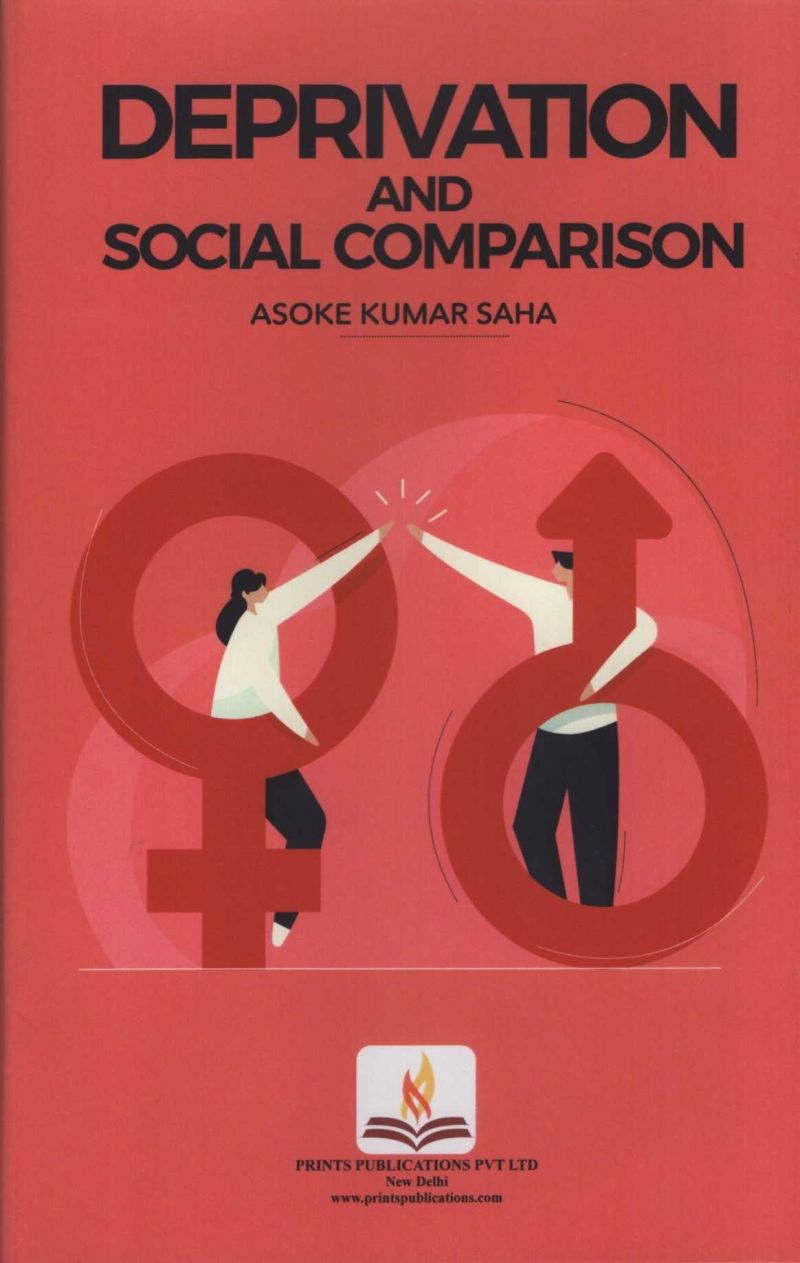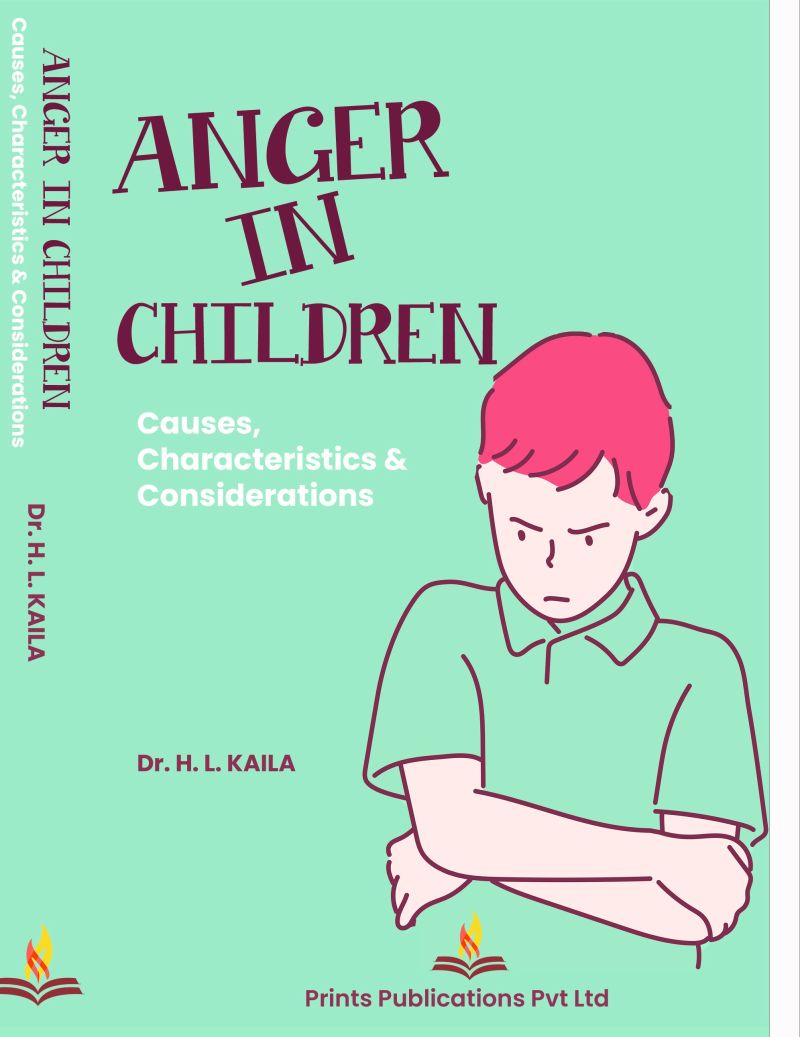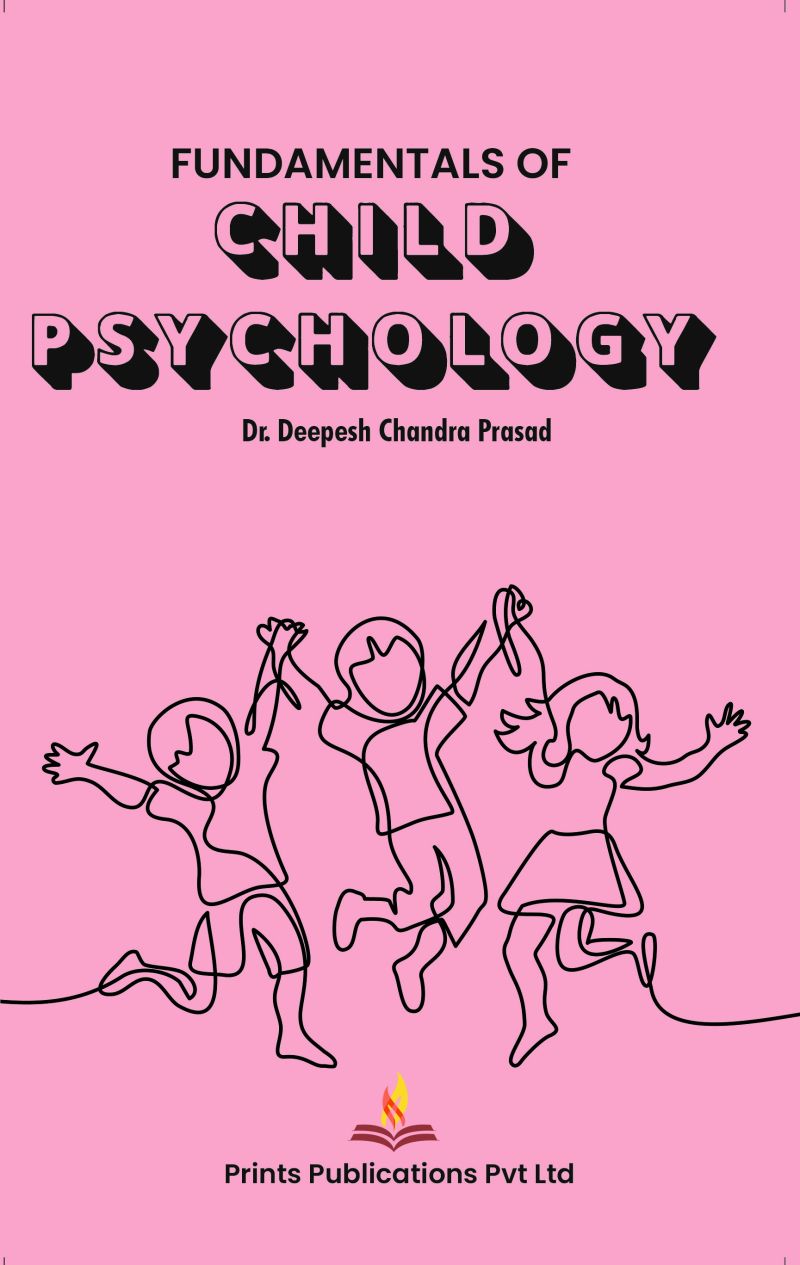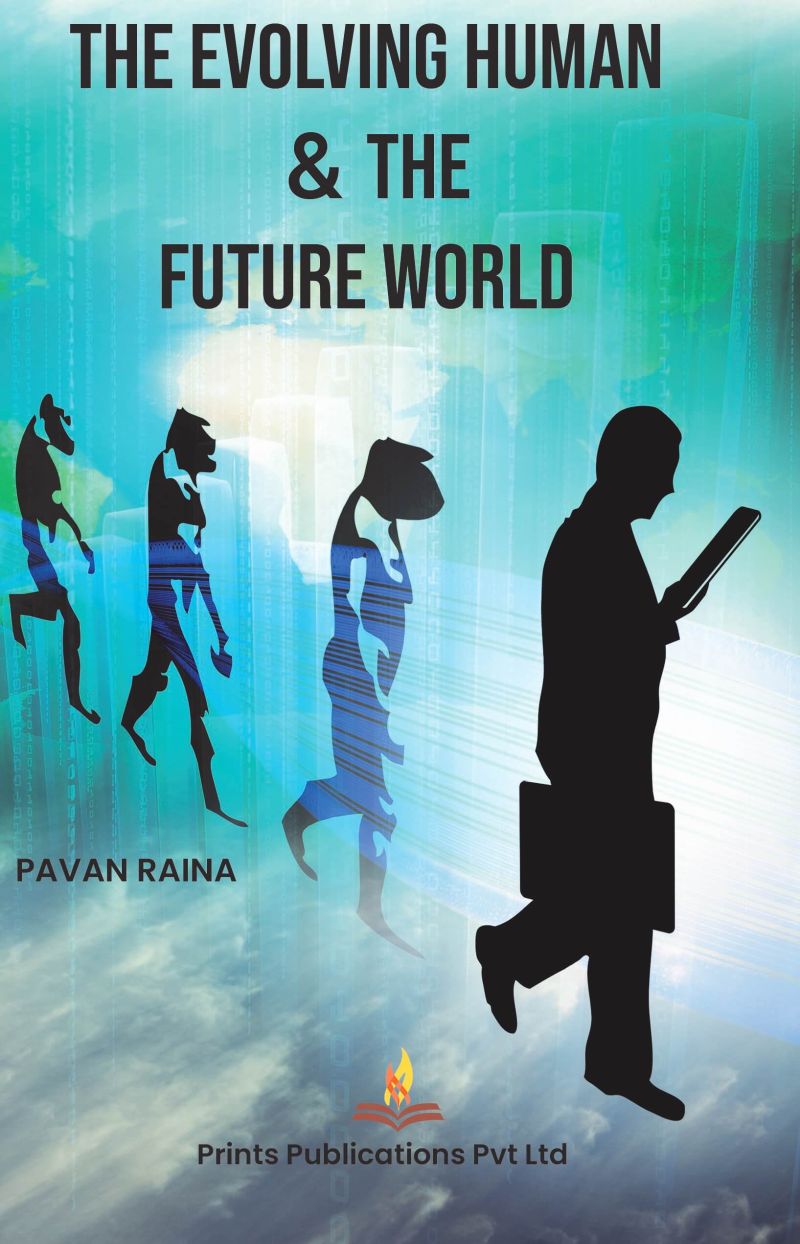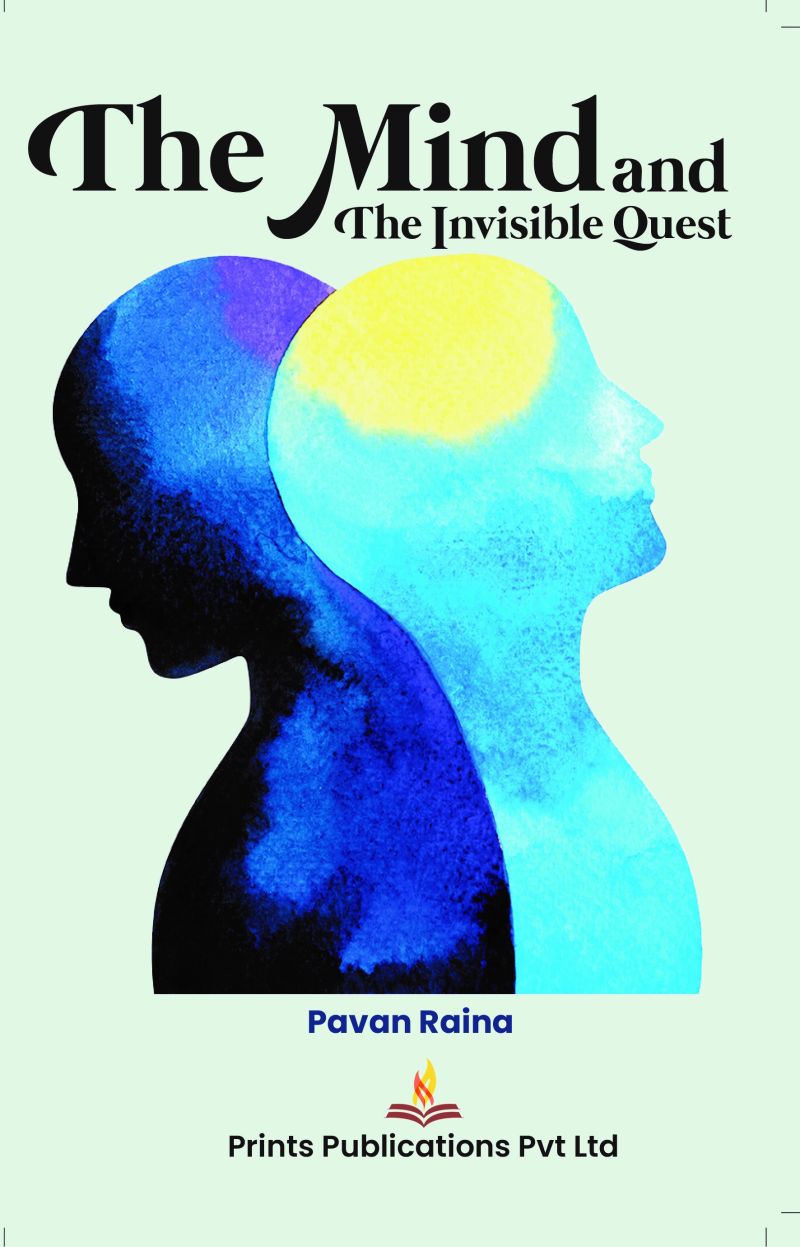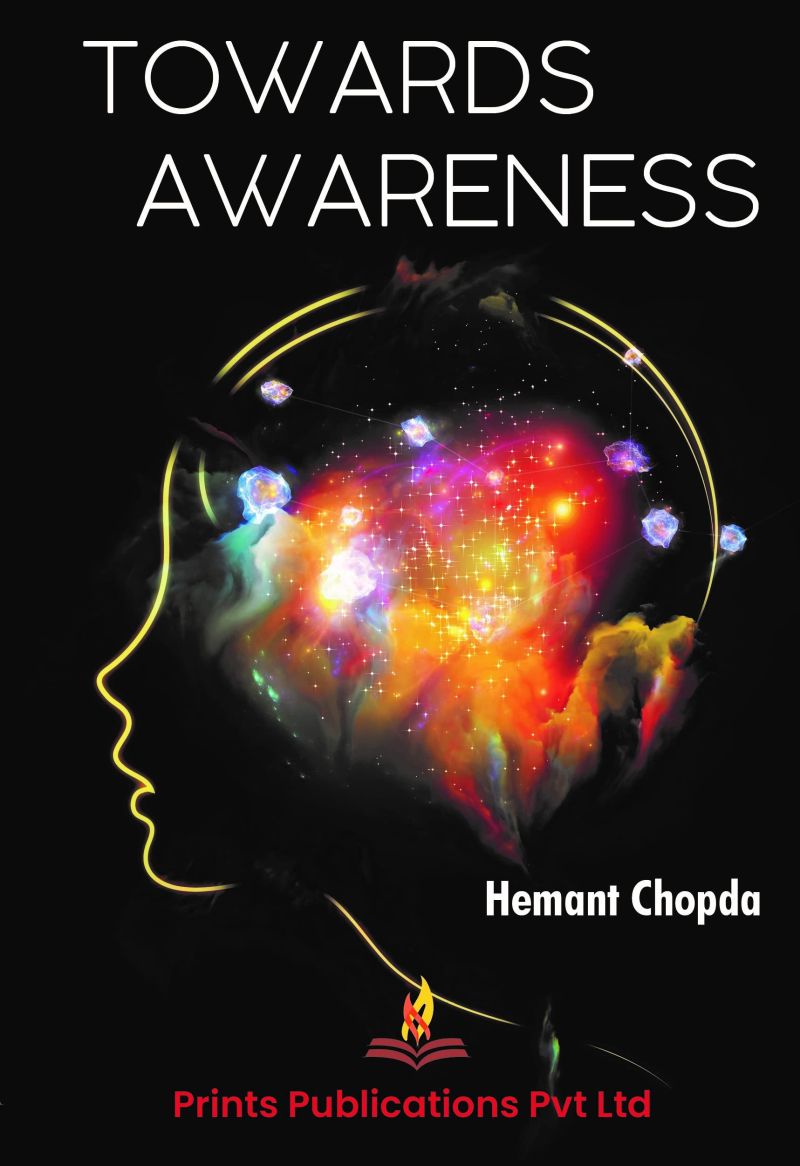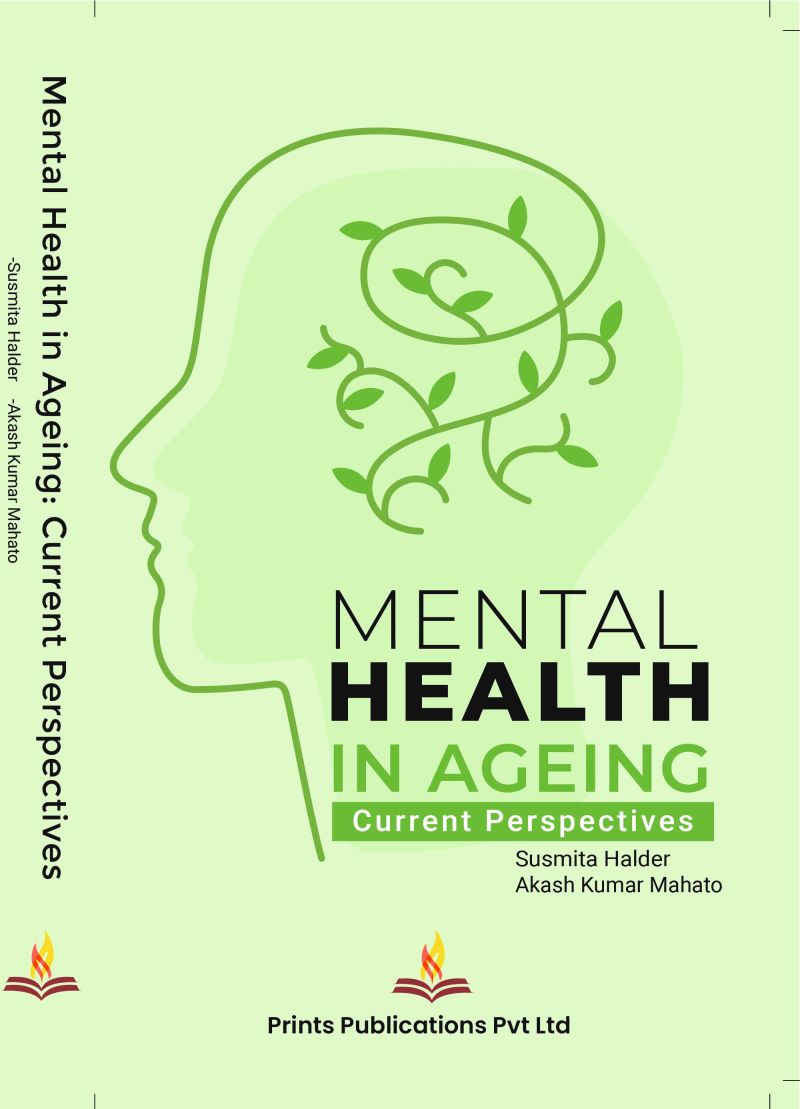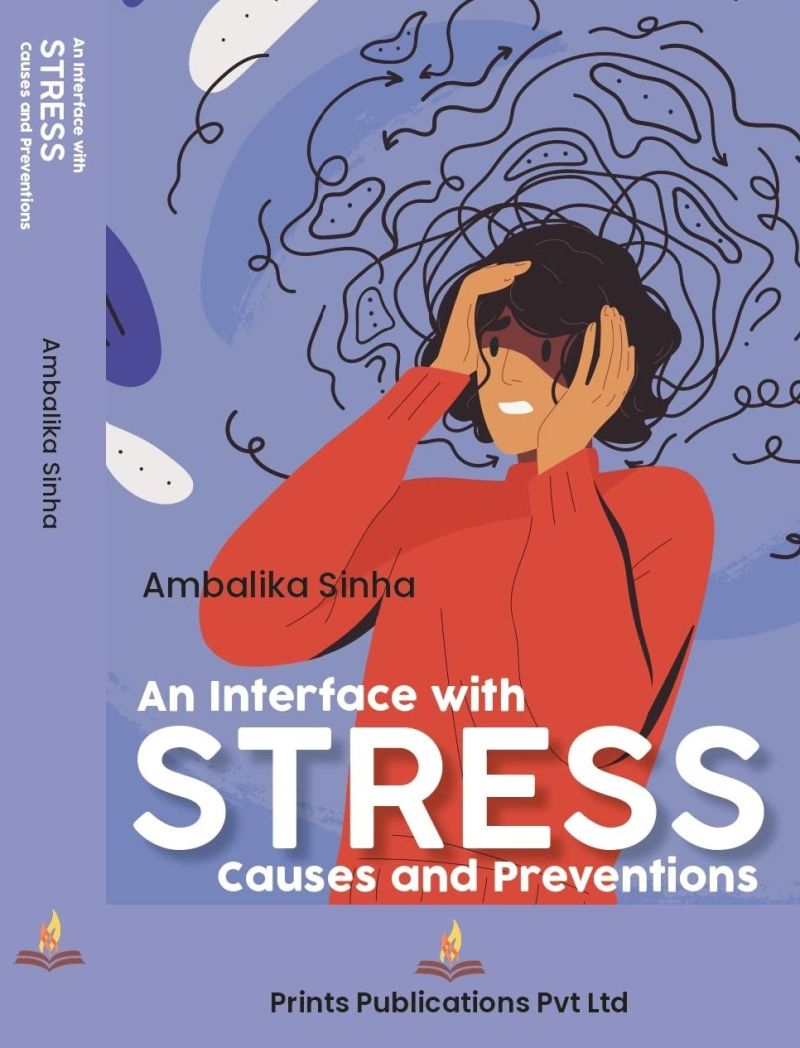| Publisher | Prints Publications Pvt Ltd |
| Publication Year | 2022 |
| ISBN-13 | 9788192769479 |
| Binding | Hard back |
| Number of Pages | 99 Pages |
| Language | English |
| Edition | 1st |
| Dimension (Inches) | 5.5"x8.5" |
| Weight (Grams) | 300 |
| Subject | Psychology |
| Category | Society & Social Sciences |
|
S No. |
Contents |
Page |
|
|
Preface |
vii |
|
|
Executive Summary |
1-4 |
|
|
|
|
|
1 |
Introduction and Theoretical Understanding of Deprivation |
5−52 |
|
|
1. Introduction |
|
|
|
2. What is relative deprivation |
|
|
|
3. Relative deprivation and social movement |
|
|
|
4. Bowlby’s psychological understanding of deprivation |
|
|
|
5. Augustine’s views of deprivation |
|
|
|
6. Social deprivation |
|
|
|
7. Relative and absolute deprivation |
|
|
|
8. Theoretical construct of relative deprivation |
|
|
|
9. Definition of relative deprivation theory |
|
|
|
10. Cultural deprivation |
|
|
|
11. Political deprivation |
|
|
|
12. Economic deprivation |
|
|
|
13. Critical analysis of deprivation studies |
|
|
|
14. Deprivation of liberty |
|
|
|
|
|
|
2 |
Socio-Cultural Background of Bangladesh and West Bengal |
53−63 |
|
|
1. West Bengal and Bangladesh |
|
|
|
2. Partition of India |
|
|
|
3. Partition of and Emergence of Bangladesh |
|
|
|
|
|
|
3 |
Emergence and Development of Hindu Caste System |
64−66 |
|
|
1. Rationale of the study |
|
|
|
2. Hypothesis |
|
|
|
|
|
|
4 |
Development and Objectives of the Study |
67−73 |
|
|
1. Analysis and Results |
|
|
|
|
|
|
5 |
Methods and Practices |
74−77 |
|
|
1. Design |
|
|
|
2. Sample |
|
|
|
3. Mode of sample selection |
|
|
|
4. Material Used |
|
|
|
5. Procedure |
|
|
|
|
|
|
6 |
Analysis and Results |
78−80 |
|
|
1. Main effects |
|
|
|
2. Interaction effect |
|
|
|
|
|
|
7 |
Discussion and Conclusion |
81−85 |
|
|
|
|
|
|
Bibliography |
87−99 |
Products related to this item

Best Prices
100% money back

Fast Shipping
Orders over $500

Buyers Protection
Loreum Ipsum Text

Live Support
24/7 Help & Support
